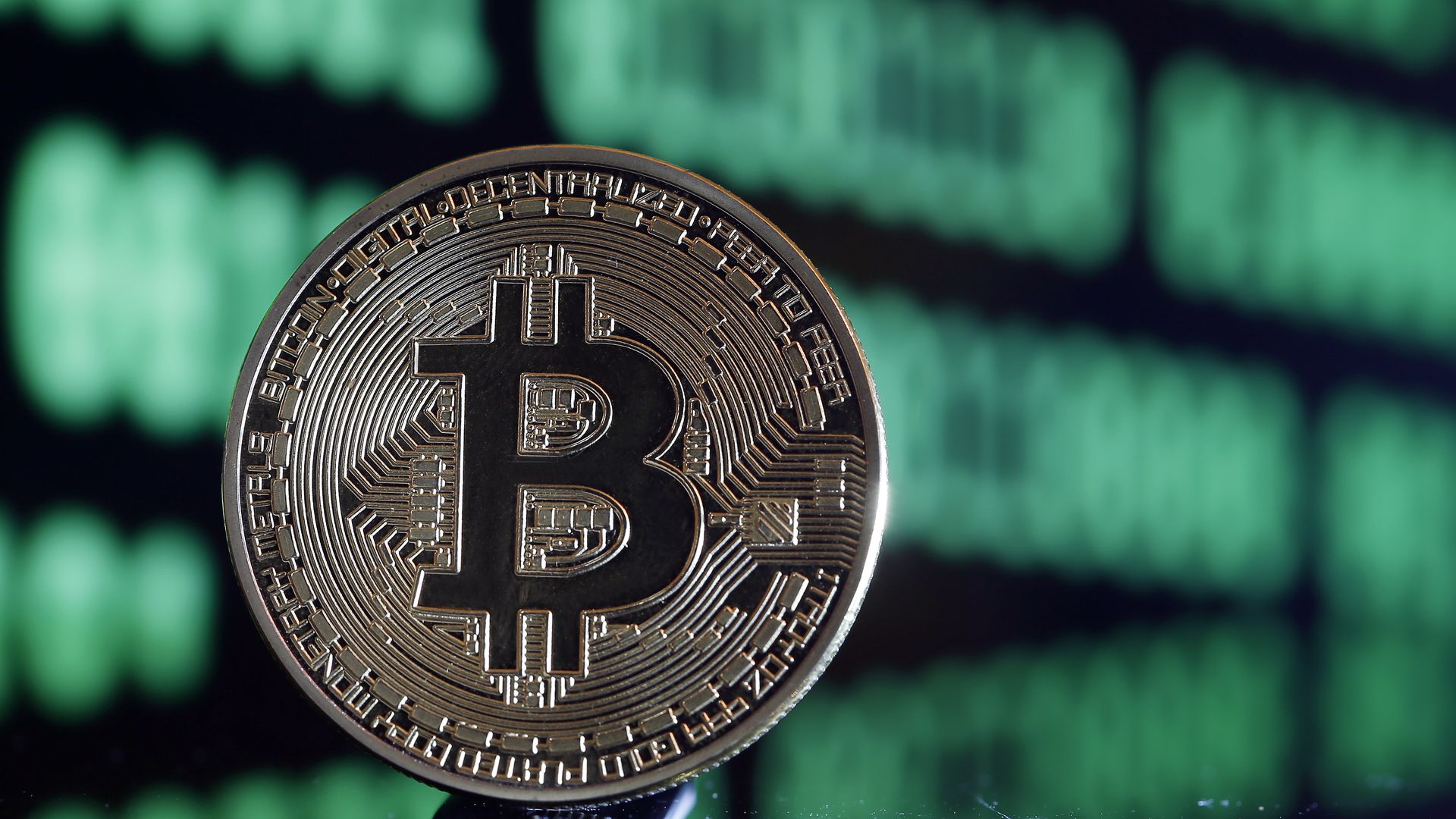Axios Pro Rata

January 02, 2019
Top of the Morning

Silicon Valley venture firm August Capital held its annual holiday dinner on Thursday, December 6. The mood was festive, not only because of the season, but also because August had recently held a first close on its eighth fund after an unusually arduous process.
Four days later, the firm effectively imploded.
What follows is based on conversations with numerous August Capital employees, investors and other sources familiar with the situation. None were willing to speak on the record except for David Hornik, August's highest-profile current partner and the man who made a lot of very difficult phone calls that Sunday.
Background: August Capital was founded in 1995 by investors who had written some of the earliest checks for tech icons like Microsoft and Compaq. Hornik would join five years later, landing such portfolio companies as Splunk and Bill.com. He also created a very popular series of invite-only networking retreats called The Lobby.
- August was so successful for so long that it never really had to fundraise in the traditional sense. Instead, it could just send out an email to investors and hold a quick close.
- But that changed in 2018 with its efforts to secure $250 million for Fund VIII. Some LPs were still upset with how fees were handled on August's under-performing sixth fund, while others were curious about partnership stability given that two longtime GPs (Howard Hartenbaum and Vivek Mehra) were out and two newer GPs (Tripp Jones and Villi Iltchev) were in.
- August had never before written a pitch-deck for itself. That changed last April, as some LPs balked and the newer partners — plus a pair of younger principals — amassed more influence.
- August managed to close on around half of its $250 million target, with additional verbal commitments already in hand.
Then came December 9, when Hornik informed most of August Capital's staff that he and fellow general partner Eric Carlborg had decided to immediately end fundraising and return the limited partner commitments on Fund VIII.
- Among those not consulted beforehand were GPs Tripp Jones and Villi Iltchev, plus principals Abie Katz and Lisa Marone.
- None of them had full economics on Fund VII, which has just a bit of dry powder left, and expectations are that they (and many back-office employees) will seek employment elsewhere. That fund is widely-agreed to be a strong performer, driven in large part by the Iltchev-led Series B investment in Gitlab.
- "It felt like a friend had died," says one August Capital employee of the notification, adding that everyone was "blindsided."
- LPs received the news at around the same time.
Why the decision was made remains very unclear to many at August.
- "I've spoken to [Hornik] about it, but still can't really figure it out," a different August employee says. "Maybe he and Eric were just tired of getting criticized by LPs, so they decided to take their ball and go home... It feels like such a rash decision, but there's no sense that they're even thinking about changing their minds."
- Hornik tells me that "the best use of our time" is to focus on the existing portfolio, which he believes could contain up to three 2019 IPOs, and then return to market for a new fund in around a year's time. He also acknowledges that there is likely to be significant personnel turnover.
- LPs are less optimistic about the prospects of another fund, given how burned they feel this time around. As one explains: "They left the door open, but they've spent the past year telling us how cohesive this new group of partners was. Obviously that wasn't true."
- Another LP adds: "Younger people there will need to leave, in order to continue their careers, which probably means the older folks stick around and collect the fees. This is the sort of thing you see at a market top."
Also...
The Securities & Exchange Commission is among several federal government agencies affected by the shutdown. This means that the promising slate of early 2019 IPOs could be delayed, as there's no one currently working to declare new registrations effective or to provide feedback on confidential filings.
The bottom line, from noted IPO advisor Lise Buyer:
"While timing is always uncertain, this makes it even more so. And of course companies that had planned to file early in the new year will need to wait for things to fire back up before they can submit their initial documents. Basically, it puts the whole filing part of the process on hold."
• Fund is Bond: Nearly four months ago, the growth equity team of Kleiner Perkins announced that it would spin off into its own firm. Now we've learned that Mary Meeker and crew are calling the new shop Bond (based on the traditional definition of ties that bind, not anything related to fixed income).
- Bond this morning announced the name via a confidential email to prospective limited partners, and also opened its data room for a debut fund that will target $1.25 billion with a $1.5 billion hard cap.
- LP sources also say that the remaining Kleiner Perkins team, focused on early-stage investing, are seeking around $600 million for its next vehicle.
The BFD
Photo illustration by Chesnot/Getty Images
Bakkt, a digital assets and bitcoin futures platform founded by The Intercontinental Exchange (NYSE: ICE), raised $182.5 million in first-round funding.
- Why it's the BFD: Because the battered Bitcoin community has been eagerly awaiting the launch of a physically-settled futures market with the institutional imprimatur of ICE, which also owns the New York Stock Exchange. But Bakkt's funding announcement was married to another delay. Original plans were to go live in November, which was then pushed back to January 24 and now is TBD as Bakkt awaits permission from a CFTC that is in government shutdown mode.
- Investors include ICE, Horizon Ventures, Boston Consulting Group, CMT Digital, Eagle Seven, Galaxy Digital, Goldfinch Partners, M12, Pantera Capital, Naspers and Protocol Ventures.
- Bottom line: "The path to developing new markets is rarely linear: progress tends to modulate between innovation, dismissal, reinvention and, finally, acceptance." — Bakkt CEO Kelly Loeffler
Venture Capital Deals
🚑 Antengene, a Chinese oncology drug developer, raised $120 million in Series B funding. Boyu Capital and FountainVest co-led, and were joined by Celgene, WuXi Corporate Venture Fund, Taikang and return backers Qiming Venture Partners and TF Capital. www.antagene.com
• Samsara, a San Francisco-based connected sensor startup, raised $100 million at a $3.6 billion valuation from return backers Andreessen Horowitz and General Catalyst. http://axios.link/RXwc
• Carta, a Palo Alto-based equity management platform, raised $80 million in Series D funding at an $800 million valuation co-led by Meritech Capital Partners and Tribe Capital. http://axios.link/jWfN
Private Equity Deals
• American Industrial Partners acquired the wood flooring business of Armstrong Flooring (NYSE: AFI) for around $90 million. www.armstrongflooring.com
• CVC Capital Partners is in exclusive talks to buy a majority stake in listed French insurer April from Evolem. http://axios.link/ix0F
• PSP Investments agreed to buy a 32% stake in German elevator parts maker Wittur Group from majority owner Bain Capital. http://axios.link/VUXu
• Thoma Bravo completed its previously-announced $950 million purchase of cybersecurity company Veracode from Broadcom (Nasdaq: AGVO). http://axios.link/ft2i
• Trive Capital bought the EarthLink consumer Internet business of Arkansas telecom company Windstream Holdings (Nasdaq: WIN) for $330 million. http://axios.link/vZAx
• Warburg Pincus received Israeli regulatory approval to buy credit card issuer Leumi Card from Bank Leumi (TASE: LUMI) and the Azrieli Group for $648 million. http://axios.link/NRpY
Public Offerings
• China Tobacco International, the overseas unit of China’s state-owned tobacco company, filed for a Hong Kong IPO. http://axios.link/DVLE
Liquidity Events
• Advent International agreed to sell Danish e-government software company KMD Holdings to NEC (Tokyo: 6701) for around $1.22 billion. http://axios.link/x3TC
More M&A
• Aphria (TSX: APHA), a Canadian cannabis company, rejected a proposed C$2.8 billion hostile takeover offer from cannabis retailer Green Growth Brands. http://axios.link/raOB
🚑 Boston Scientific (NYSE: BSX) is paying $325 million to acquire the shares it doesn’t already own in Millipede, a Santa Rosa, Calif.-based maker of a catheter-based ring to treat severe mitral regurgitation. The deal also includes up to $125 million of possible commercial milestone payments. http://axios.link/pLXR
• Qatar Airways acquired a 5% stake in China Southern Airlines. http://axios.link/cvA8
Fundraising
• Ares Management raised $3 billion for a new U.S. senior direct lending fund. www.aresmgmt.com
• Axiom Asia raised $1.4 billion for its fifth Asia-focused private equity fund-of-funds, plus another $210 million for a related co-investment vehicle. http://axios.link/BzME
Final Numbers


Sign up for Axios Pro Rata

Dan Primack’s briefing on VC, PE & M&A for dealmakers.
